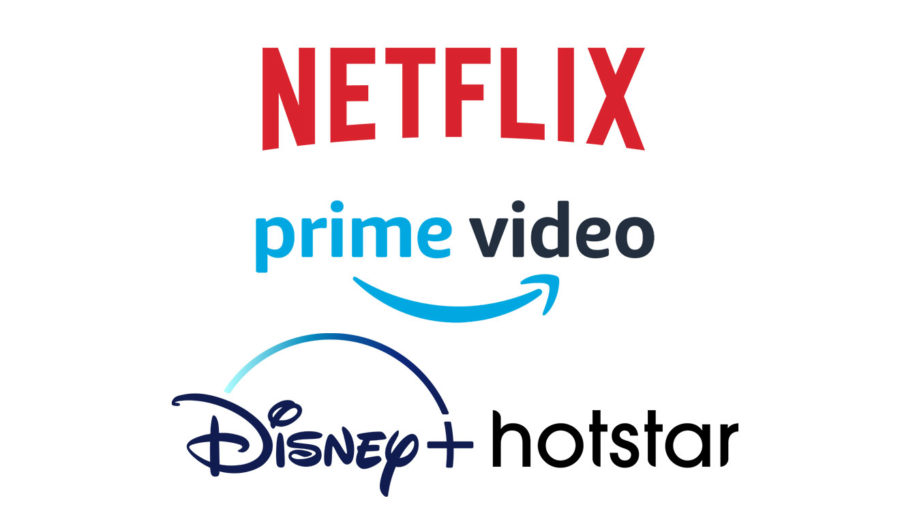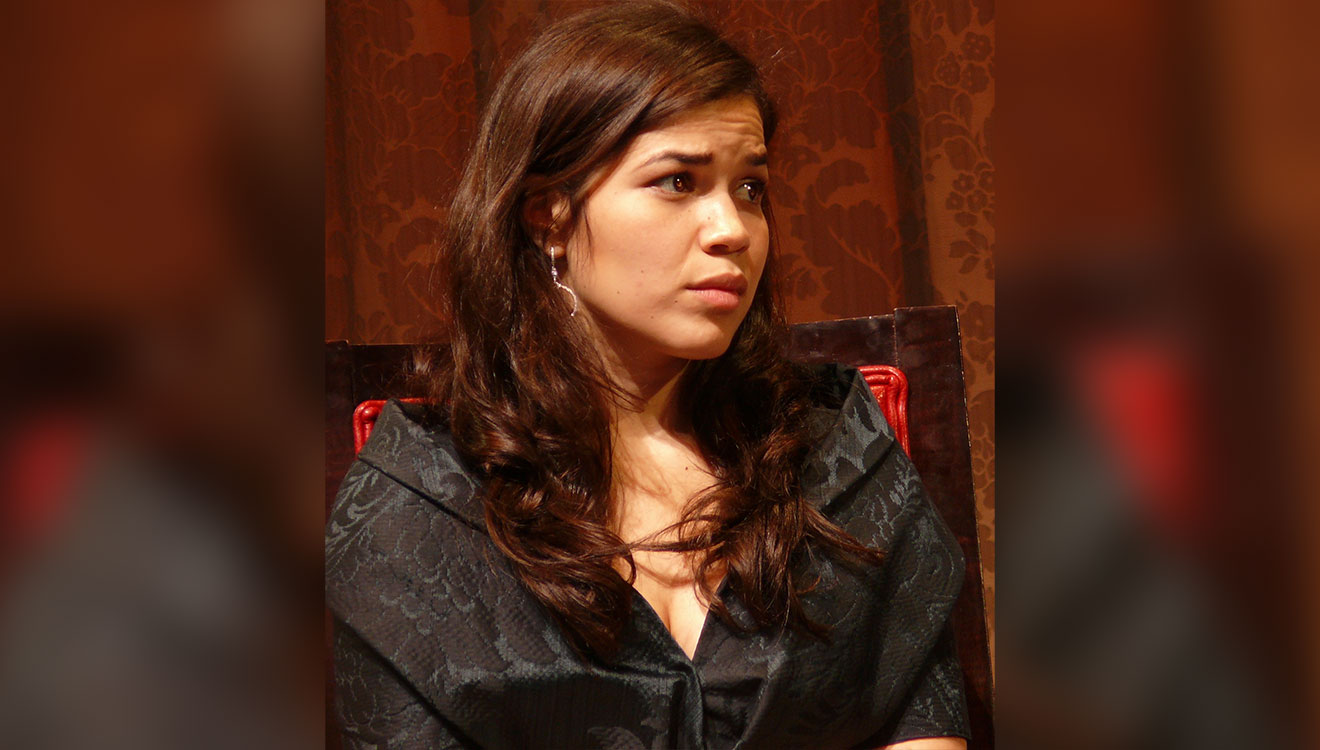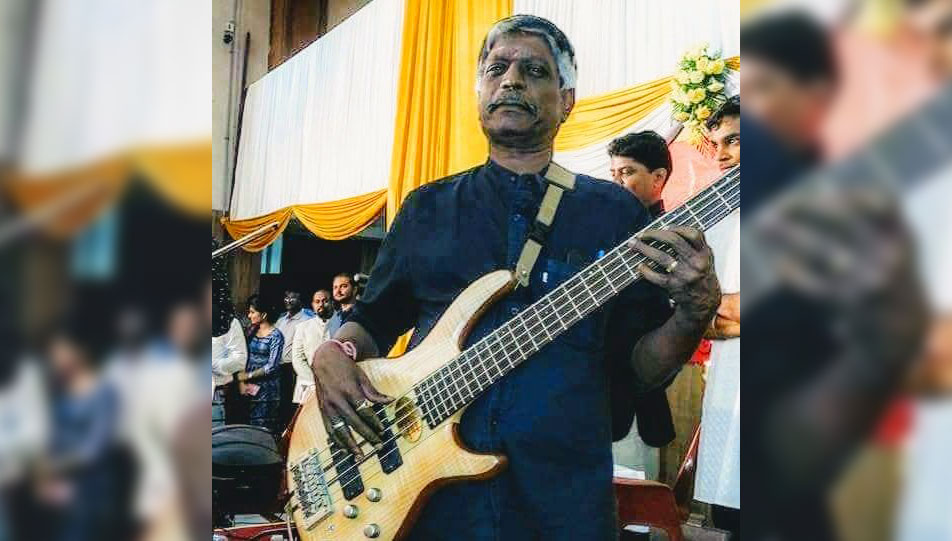The Internet and Mobile Association of India (IAMAI) on February 11 announced a toolkit to be implemented as an extension to the Universal Self Regulation Code for the OTT plaforms.
IAMAI today announced the adoption of a comprehensive Implementation Toolkit (“Tool Kit”) which is in furtherance to the Universal Self-Regulation Code (“Code”) for Online Curated Content Providers (“OCCP”) that was put in motion on September 04, 2020. @producers_guild @MIB_India
— IAMAI (@IAMAIForum) February 11, 2021
The ‘Implementation Toolkit’, although majorly directed towards the OTT giants like Netflix, Amazon Prime Video and Disney+ Hotstar, brings under its aegis 17 digital streaming platforms including SonyLIV, MX Player, Jio Cinema, Eros Now, ALTBalaji, Arre, Hoichoi, Hungama, Shemaroo, Discovery Plus, Aha, Lionsgate Play, ZEE5, and Viacom 18 (VOOT).
The rule followed the Centre’s order in November 2020 to bring the streaming platforms in India under the Information and Broadcasting Ministry (I&B) headed by Prakash Javadekar. With this order, the I&B ministry has taken over control from the Ministry of Electronics and Information Technology (MeitY).
Amit Goenka, chair of IAMAI’s Digital Entertainment Committee, said in a statement issued by the body that the toolkit amplifies all the critical points in the streaming platforms’ self-regulation code and aims to address the feedback received from the Ministry of Information and Broadcasting, particularly on strengthening the grievance redressal mechanism.
This came in the wake of the streak of complaints filed against the web series Tandav and Mirzapur, both of which are currently available on Amazon Prime Video.
“It further sets out clear tent poles that the OCCPs (Online Curated Content Providers) need to undertake to achieve a common goal of entertaining millions of Indians responsibly,” Goenka added.
Of all the laws that are to be applied for self-regulation, keeping in mind the recent instances of web series resulting in conflict of interests, sections from the Information Technology Act, the Indian Penal Code (IPC), and the Indecent Representation of Women (Prohibiton) Act, 1986, were also included, among others.
Saif Ali Khan-starrer Tandav which released on January 15, landed in a controversy after a BJP leader filed a complaint in Lucknow against the show as it allegeddly “openly insulted and humiliated Lord Shiva”. Apart from drawing criticism on social media, the series got a poor rating of 3.4 on IMDb. The user reviews’ section suggests that the series’ alleged pro-Left propaganda and anti-national nature has been the major influencing factor in the rating scheme.
Amazon Prime Video’s Mirzapur which had its second season release in October 2020, saw the Supreme Court seeking response from the makers after a petitioner and the resident of the city of Mirzapur in Uttar Pradesh, filed a complaint for allegedly tarnishing the city’s image by its “obscene and vulgar” representation, which is otherwise supposed to hold religious and historic value.
Recommended
The writ peition, that was filed in September 2020 and saw a delay due to the pandemic, urged the court to set up a “pre-screening” committee to regulate content on OTT platforms.
The toolkit also mandates the setting up of a two-tier struture comprising an internal complaints committe and an advisory panel aimed at grievance redressal. The complaint will have to be first entered with the complaints committee, composed of company representatives. If the complainant is unsatisfied with the outcome, it can then be brought to the notice of the advisory panel that will consist of equal number of independent members and company representatives.
In case of a deadlock, the chairperson’s vote will act as the tie-breaker. The set of guidelines also states the association’s involvement in carrying out awareness campaigns with parents’ associations across the country, directed towards the safety measures in the interest of the children in relation to online consumption of content.



